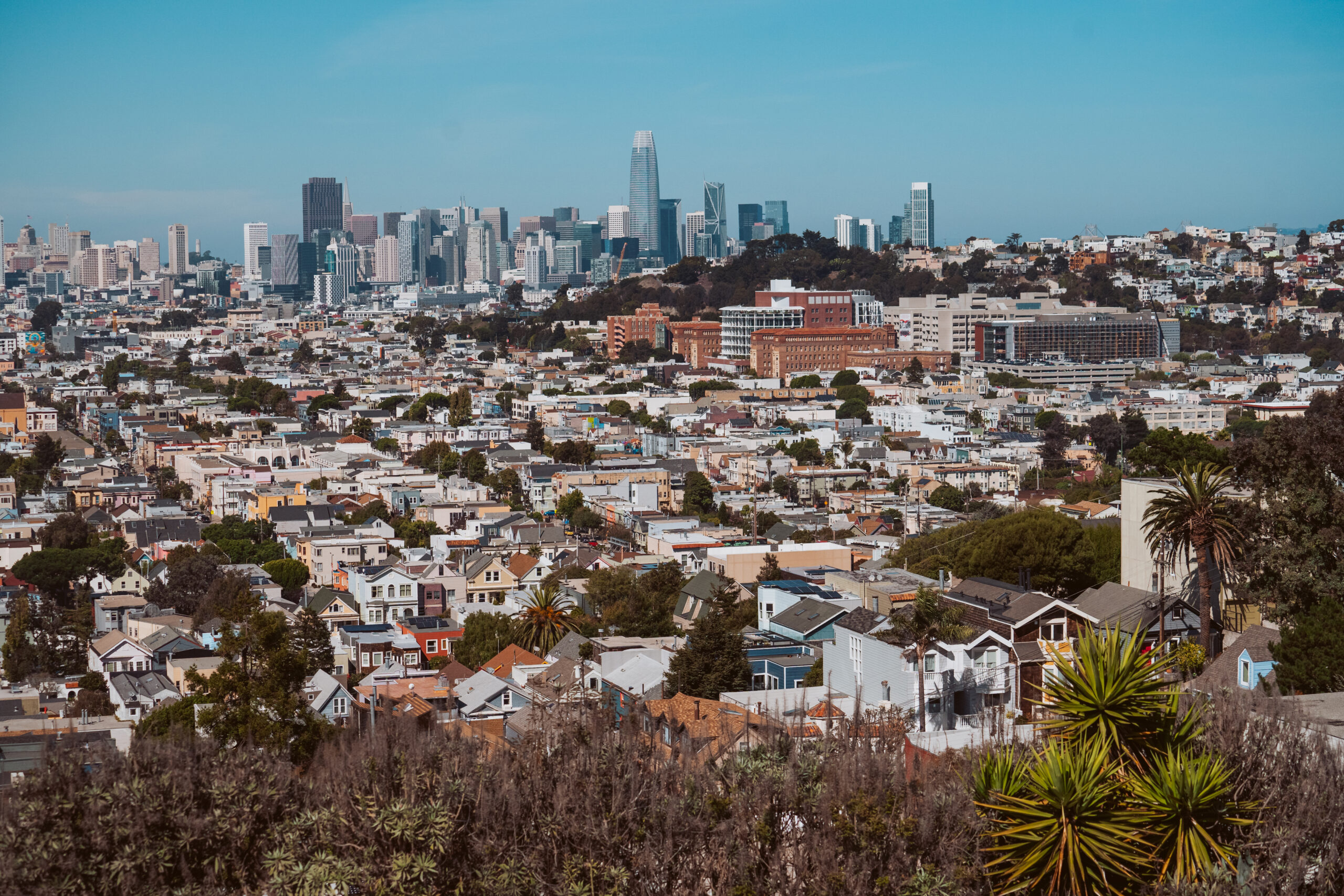Nestled among the 14 ballot measures San Franciscans will vote on next month are two that—at first glance—sound very similar.
Both measures claim they’ll boost affordable housing by streamlining certain housing projects. But under the surface, Proposition D and Proposition E reflect a political divide in San Francisco over what type of housing should get built, and for whom.
Sound confusing? You’re not alone—dubbed “Affordable Homes Now” and the “Affordable Housing Production Act,” respectively, even Prop. D and Prop. E’s names sound similar.
Here’s what to know about the two housing measures on the Nov. 8 ballot.
What do their supporters say?
Prop. D’s supporters say that, by speeding up approvals for 100% affordable housing projects and market-rate projects that include affordable units, means that more of those projects will get proposed and then built.
Prop. D would exempt three types of multifamily housing from discretionary and state environmental reviews if they are in line with local planning codes: Qualifying projects are 100% affordable; at least 15% more affordable than local law requires for projects 10 units or bigger; or set aside for local educators and at least 80% affordable. It also requires paying workers prevailing wages and providing health coverage and apprenticeship programs on large projects.
Placed on the ballot via signatures, Prop. D is the culmination of a yearslong effort by Mayor London Breed to cut red tape from housing projects; the Board of Supervisors scuttled an earlier version of the measure in January.
“There are two different solutions on the table—one presented by the Board of Supervisors and the other Habitat for Humanity,” said Corey Smith, executive director of the Housing Action Coalition. “Who do you trust? Habitat or the board?”
Placed on the ballot by the Board of Supervisors, Prop. E is the board’s alternative to the mayor’s housing agenda.
Prop. E also streamlines approvals for three types of housing, but adds more requirements. Qualifying projects include 100% affordable, educator housing and multifamily housing projects of 10 or more units that—on top of existing affordability requirements—add on 8% of the total units as affordable housing. Projects of 10 or more units would have to pay workers prevailing wages; projects of 25 or more units would also be required to use a “skilled and trained” workforce, meaning graduates of an apprenticeship program.
Supporters of Prop. E say that Prop D. uses too broad a definition for “affordable housing” and doesn’t include any guardrails against speculation, or securing permits for housing and then selling them at a profit.
The measures also differ on what they mean by streamlining: Prop. D gives the city three to six months, depending on the project’s size, to approve permits.
Prop. E requires construction on qualifying projects to begin within two years of securing approvals and also still requires the Board of Supervisors to approve housing projects that lease city property or request significant city funding.
“E would mandate more affordable housing at more affordable rates—end of conversation,” Supervisor Aaron Peskin said.
Who is supporting which measure?
Prop. D is supported by Mayor London Breed, Habitat for Humanity Greater San Francisco, the Nor Cal Carpenters Union, the San Francisco Bay Area Planning and Urban Research Association (SPUR) and state Sen. Scott Wiener. The campaign has raised over $2 million so far, with major tech donors including Twilio cofounder John Wolthuis and Ripple Labs.
Prop. E’s supporters include Peskin and Supervisor Connie Chan, as well as the SF Democratic Party and the SF Building and Construction Trades Council. Prop. E has raised around half a million dollars, mostly from the SF Building and Construction Trades Council and other union groups.
The Housing Action Coalition, which supports Prop. D, attempted to get Prop. E thrown out in court on the grounds that it improperly skirts environmental laws. But a judge declined to toss Prop. E out, sending both to the ballot.
If both measures pass, the one with more votes will nullify the other.
How are they polling?
There haven’t been any official polls conducted on the two measures—but voters are generally supportive of building more housing in the city.
Asked what kind of housing they support building, The Standard’s Fall 2022 Poll found more San Francisco voters support building housing at any income level than solely affordable housing—a position that is shared by Prop. D’s supporters, who say we need all types of housing to meet the city’s needs.
